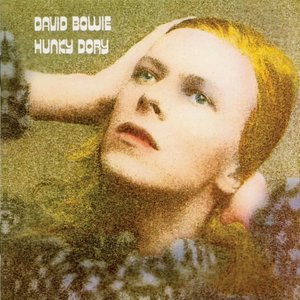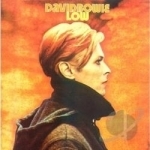Marc Riley recommended Hunky Dory by David Bowie in Music (curated)
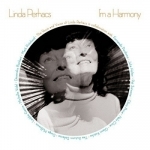
I'm A Harmony by Linda Perhacs
Album Watch
Until 2014, Linda Perhacs had only issued one album, Parallelograms, in 1970 on Kapp Records. That...
pop folk
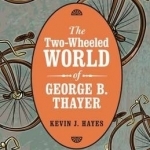
The Two-Wheeled World of George B. Thayer
Book
Cyclotourism has recently risen to prominence with growing national media coverage and thousands of...
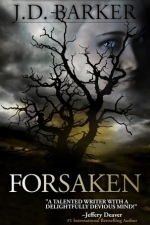
Forsaken (Shadow Cove Saga #1)
Book
From the witch trials of centuries past, an evil awakens. Inspired by Actual Events Excerpt from...
Supernatural horror fiction Stephen King Witches
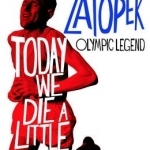
Today We Die a Little: The Rise and Fall of Emil Zatopek, Olympic Legend
Book
LONGLISTED FOR THE WILLIAM HILL SPORTS BOOK OF THE YEAR AWARD. The definitive biography of one of...
Confederate Combat Commander: The Remarkable Life of Brigadier General Alfred Jefferson Vaughan, Jr.
Book
Known as one of the most aggressive Confederate officers in the Western Theater, Brigadier General...
Gun Culture in Early Modern England
Book
Guns had an enormous impact on the social, economic, cultural, and political lives of civilian men,...
Graham Massey recommended Low by David Bowie in Music (curated)
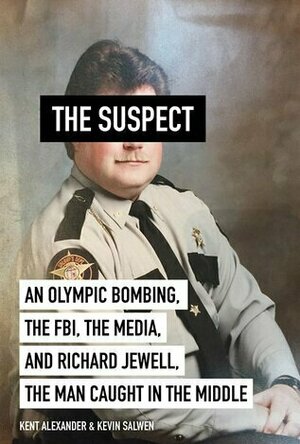
The Suspect: An Olympic Bombing, the FBI, the Media, and Richard Jewell, the Man Caught in the Middle
Kent Alexander and Kevin Salwen
Book
The masterful true-crime account of the 1996 Centennial Olympic Park bombing that captured the...
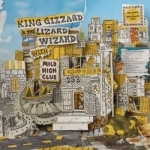
Sketches of Brunswick East by King Gizzard & The Lizard Wizard
Album Watch
Just when you think you have King Gizzard & The Lizard Wizard sussed they throw a curveball - in the...
jazz pop
